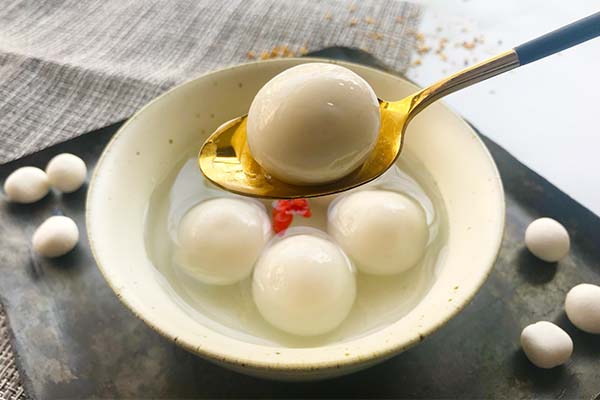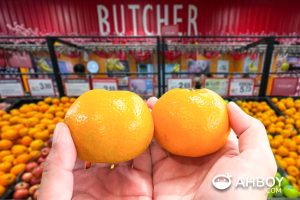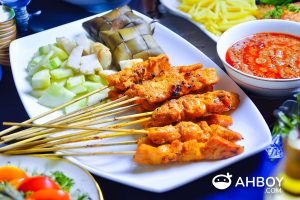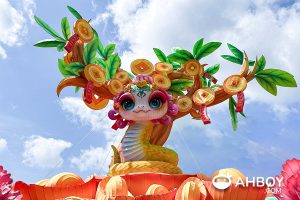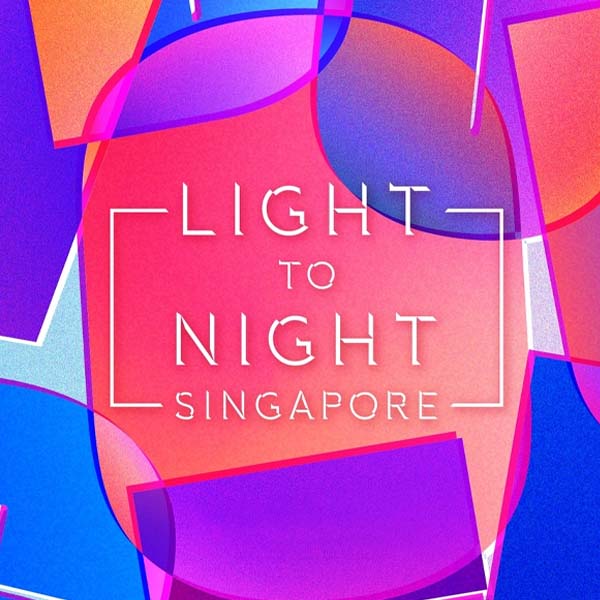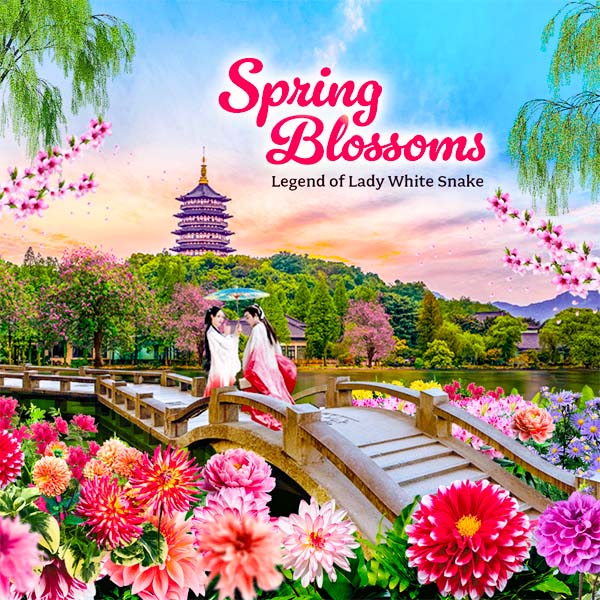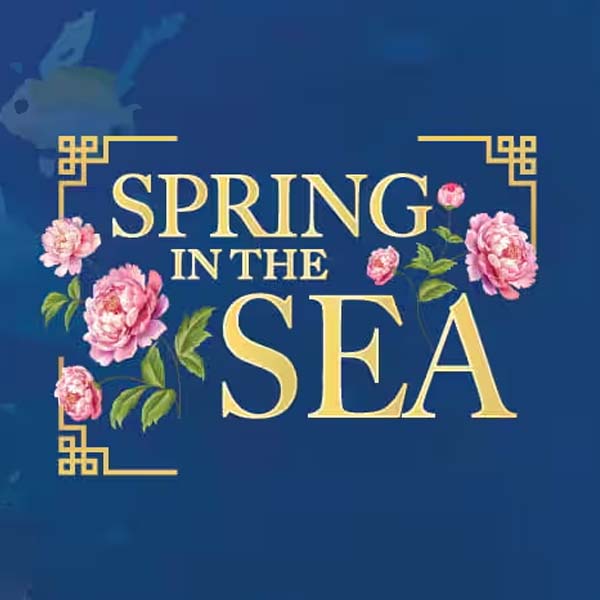What is Dong Zhi?
Dong Zhi (冬至), also known as the Winter Solstice Festival, is a significant traditional Chinese festival and is often considered the most important celebration of the winter season.
Dong Zhi marks the 22nd solar term (节气) in the lunar calendar and is the first solar term to be formally defined. There are 12 major solar terms and 12 minor solar terms in total. It typically occurs between 21st and 23rd December in the Gregorian calendar. Other commonly celebrated solar terms include Li Chun (立春), which marks the beginning of spring.
Importance or significance Dong Zhi
From the Zhou Dynasty to the Qin Dynasty, the Winter Solstice was regarded as the beginning of the year and well celebrated. This tradition lasted until the Han Dynasty when Emperor Wu adopted the lunar calendar as the first month.
As Dong Zhi has the shortest daytime and longest night time in the year, the days after will start having longer daytime. This signifies the accumulation of Yang (阳) energy and is an auspicious day in the Chinese cultural context until today.
When is Dong Zhi 2025?
In 2025, Dong Zhi falls on 21 December 2025 (Sunday). Although Dong Zhi is not a public holiday in Singapore, it is widely celebrated in the island state. You will see long, snaking queues for all food stalls selling Tang Yuan or glutinous rice balls.
Things to do and eat during Dong Zhi
Below is a list of things commonly done to celebrate the Dong Zhi Festival and the meaning behind the activities. It may be celebrated in different ways depending on the local customs and traditions.
Consume Tang Yuan (glutinous rice balls)
The tradition of consuming Tang Yuan (汤圆) during Dong Zhi is widely observed today by the Chinese communities in southern China, Taiwan, Hong Kong, Singapore, and Malaysia.
The glutinous rice balls must be made as round as possible and are often served as dessert in a variety of soup bases, ranging from ginger soup, red bean soup, and green bean soup to soya milk. The dessert is best consumed hot together with family members and loved ones, symbolising togetherness and reunion (团圆).
Eat dumplings
The northern part of China celebrates almost all festivals by eating dumplings. Dong Zhi is no exception. As it is the winter season, eating dumplings is even more significant as dumplings are served very hot and can keep the body warm.
Some schools of thought believe that the Chinese originally consumed dumplings during Dong Zhi to commemorate Zhang Zhongjing (张仲景), a Chinese physician from the Han Dynasty with a great contribution to Traditional Chinese Medicine. It is said that he created dumplings to help patients with frostbitten ears.
Savour local delights
Depending on local traditions, some parts of China may serve different dishes to celebrate Winter Solstice Festival. For instance, potato soup with mixed nuts (番薯汤果) is served in Ningbo, mutton soup is served in Tengzhou, and Chinese wine is served in Suzhou.
Pay respect to ancestors
In some parts of southern China, Taiwan, Hong Kong, and Malaysia, it is one of the ancestral rituals to pay respect to ancestors on Dong Zhi. The offerings will often include Tang Yuan.
Return thanks to Tai Sui
For Taoists, Dong Zhi is typically the last day to return thanks to Tai Sui if one’s Zodiac sign is in conflict with the god in the beginning of the year.
Practicing healthy lifestyle
As the positive energy of Yang accumulates, it is a good opportunity to start practicing a healthy lifestyle if you are not already doing so. Start with a healthy diet and a simple exercise regime.

